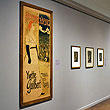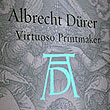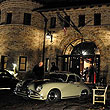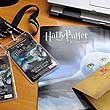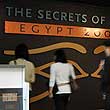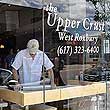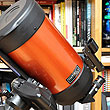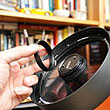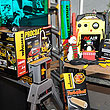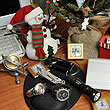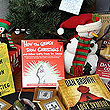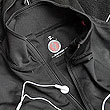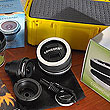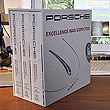We read a lot of magazines. One of the monthly ones we look forward to is Communications of the ACM. The Association for Computing Machinery (ACM) publication has articles that are technical, informative, and timely.
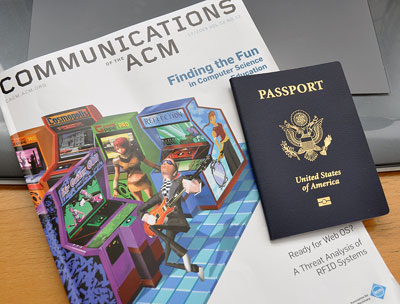
ACM's articles do much more than just highlight a topic, issue, or problem. They examine the cause, offer insights, and suggest solutions. They delve much deeper into a subject than any other publications on our reading list. This kind of effort is something which is sorely lacking in what passes as "research" in the media today.

The RFID article in last month's issue was a
good example.
They had an analysis on RFID passports and whether they make us more vulnerable to identity theft. We have, of course, talked about RFID-enabled passports in the past (passport, shield). There are six pieces of
personal information encrypted on the RFID chip on a U.S. passport: name, nationality, gender, when/where you were born, and your image. If you are paranoid, keep it shielded and you will be fine.
For details on what we use, go check out our article on the DataSafe from Kena Kai.

We knew about the issues related to RFID technology and its vulnerabilities. However, after reading the ACM article, we have a much better understanding of the
technical strengths and weaknesses of the
system, and the costs associated with any attempt to compromise it.
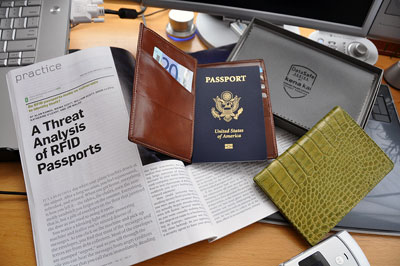
None of the information stored on the chip is easily accessible without the decrytion key. Of course, the information IS printed on the inside of the passport in clear text. The take-home conclusion from the article is still "don't lose the passport." We highly recommend you read the article at the ACM if you are interested in the technical details. Enjoy your trip:-) [Permalink] -RFID Passports
|

